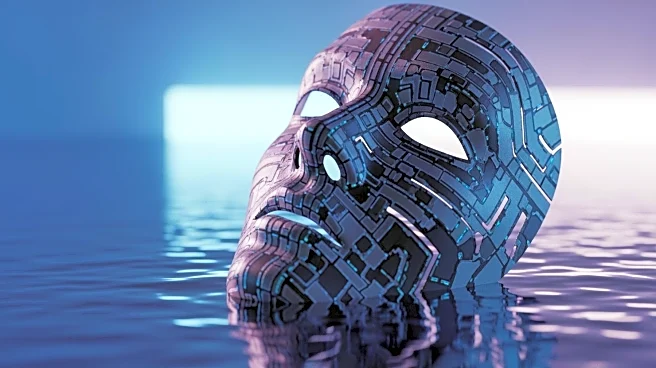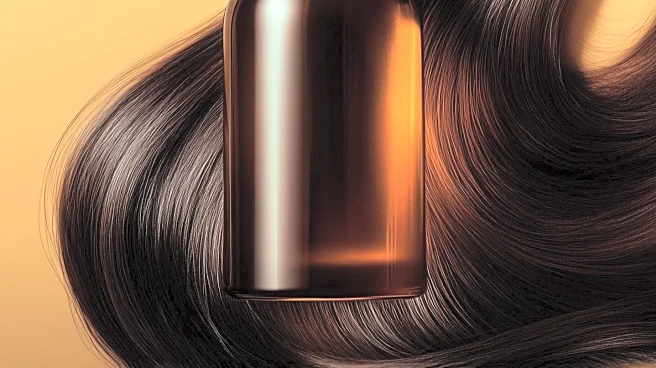What's Happening?
The proliferation of AI-generated videos featuring celebrities has sparked significant legal and ethical debates. These videos, created using advanced AI tools like OpenAI's Sora 2, depict celebrities in various fictional scenarios without their consent.
While some celebrities, like Mark Cuban, have embraced these videos humorously, others, such as the estate of Bob Ross, have expressed concerns over unauthorized use of likenesses. The technology allows for the creation of realistic videos that can mislead viewers, raising questions about copyright and the potential for misuse.
Why It's Important?
The rise of AI-generated deepfakes poses challenges to copyright laws and personal privacy. As these videos become more prevalent, they could impact public perception and trust, especially if used to spread misinformation. The legal framework surrounding the use of a person's likeness without consent is being tested, with potential implications for intellectual property rights. This situation highlights the need for clearer regulations and ethical guidelines to manage the use of AI in media and entertainment.
What's Next?
Stakeholders, including legal experts and tech companies, are likely to push for more stringent regulations to protect individuals' rights. Companies like OpenAI may need to implement stricter controls and opt-in policies for using likenesses. The ongoing legal battles, such as those involving Midjourney, could set precedents for how AI-generated content is regulated. As the technology evolves, balancing innovation with ethical considerations will be crucial.
Beyond the Headlines
The ethical implications of using AI to recreate deceased individuals' likenesses are particularly contentious. This practice raises questions about consent and respect for the deceased, potentially leading to broader societal debates about digital legacy and posthumous rights. The cultural impact of deepfakes could also influence how society views authenticity and reality in digital media.















